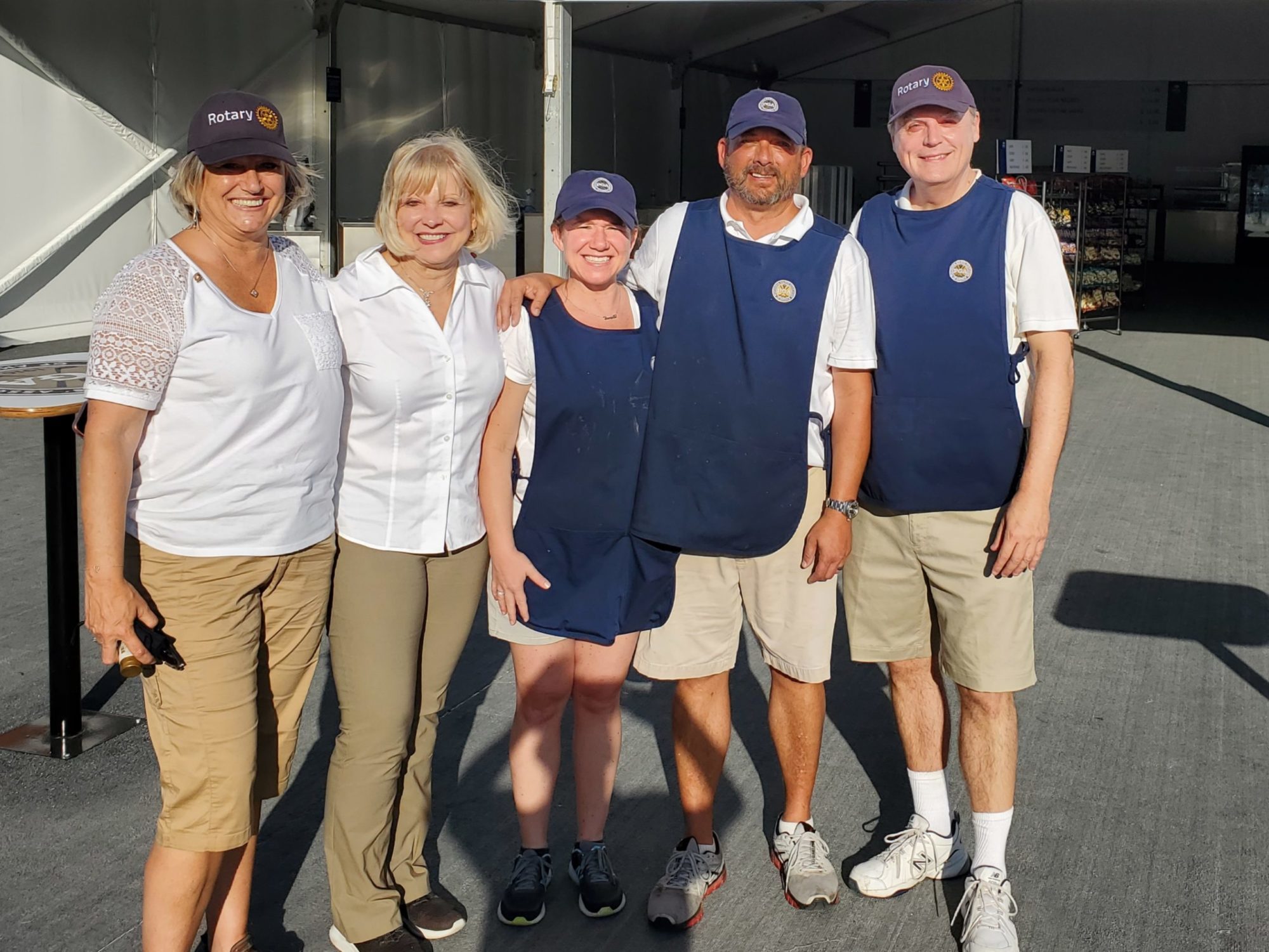March 8, 2016 Dr. John Cowan spoke to our club on March 8. Having Studied Physics and physiology at the University of Toronto, Dr. Cowan spent 24 years at the University of Ottawa as professor, Chair of Physiology and Vice Rector ultimately becoming Principal of the Royal Military College of Canada from 1999 to 2008. Dr. Cowan has been extensively involved in defense issues from terrorism and asymmetric threats to defense education, and has ‘flown over 60 aircraft types’ accounting for some deafness due to thousands of hours in (Harvards) training aircraft. Titled “The Educated Citizen and Democracy”, Dr. Cowan’s discourse was in defense of liberal education in democratic society where there is much emphasis placed on acquiring a specialized education. He started out indicating that the word democracy has received a global work out in recent years, having much to do with the prominence of the U.S. form of democracy. That being said, there are many forms of democracy but all are a form of group decision making. Those decisions may not always be good decisions but hopefully they are for the betterment of the majority.
A number of false assumptions he wanted to clarify included:
- Specialized education is the main reason for going to college
- Specialized education is more difficult (than a liberal arts education)
- One can always teach with a specialization.
- Liberal education is not conducive to getting a job.
- Liberal education is for children of the wealthy who don’t need jobs.
The original “degrees” of classical education were the Trivium and Quadrivium which were considered the minimum suite of subjects required for the ‘free man’. The Trivium includes the liberal arts of logic, grammar and rhetoric, the Quadrivium includes the arts of numbers, geometry, music and cosmology.
In a free society, he continued, you are free to know nothing but you have the same vote as someone with knowledge. What risk to we run to accept the primacy of specialized education? As evidence that (liberal) knowledge matters, he offered the game show “Jeopardy”. The success of the show is not in the contestant that keeps winning, it is in the audience who tries to beat them to the answer.
He chastised media for “dumbing down” communication of public policy, noting that this was a threat. Journalists, (some, not all, he clarified) are inarticulate generalists who know little about any subjects in particular and assume their audience, the public, is as well. The US media market, due to its size does have experts in different subject matters however. Newspapers, he continued, no longer print entire speeches (too gray for presentation) and television thins content even further by asking the most random people what they think about the most complex subjects. If the media brings need depth to the term shallow, are politicians similar?
HG Wells, he indicated, described the history of humankind as a race between education and catastrophe.
Military education is a good example of the need for complexity of thought and maturity of decision making that are the hallmarks of a liberal education for “experience without education is mere tourism.”
— Don Baus, Keyway Committee


